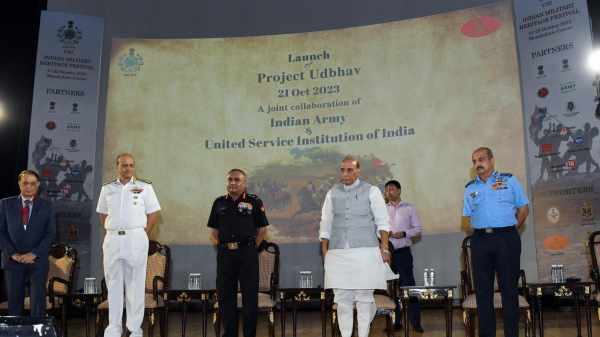
PROJECT UDBHAV : REVISITING NATION’S HISTORICAL TREASURE

Since the existence of civilization, the concept of war fighting has also been in practice in some way or the other. The reasons for the conflict, the scope of the conflicts, use of weaponry and the method of warfighting though, have been changing over the years. It is essential that an analysis of prevalent war fighting strategies be carried out objectively so that value lessons which are relevant can be adopted to the current war fighting methodology.
It is probably with this in mind that the Indian Defence Minister Launched ‘Project Udbhav’ in the presence of the CDS and three service chiefs in an impressive event on 21st Oct 2023. While the scope of this project is not limited only to few stated scholars / scripts mentioned, it also attempts to look at our entire ancient treasure of war fighting which had helped in expansion of the country to the limits which we have not been able to reach even now despite 75 years of independent history & having one of the largest standing Armies of the world. This fact can be verified with the geographical extent during Mauryan empire, Chola empire or even the areas under the reign of Maharaja Ranjit Singh. A Closer scrutiny of these empires will clearly highlight that they defeated equally matched adversaries, negated the geographical terrain friction and logistical challenges including large scale operations across nations. Though the doctrine of warfighting then may not be relevant in totality now but there are many important doctrinal threads which can enhance in weaving the fabric of modern day doctrine of Indian war fighting.
As is usually the case, the commencement of any such new project invariably draws differing opinions, mostly critical. Project Udbhav is no exception. An impression is created that in the present day, the country is gravitating towards old and outdated war philosophies, negating modern day war fighting practices in the name of preserving its ancient legacies. The prime reason for this belief appears to have stemmed from the fact that our ancient warfighting texts have not been accurately and exhaustively documented. Whatever inputs are available have not been analysed periodically, to continue at least with those doctrinal thoughts which have remained relevant. As against this systematic approach, we have been relying on World War I, World War 2 and other conflict related war fighting techniques which have not helped our defence forces in the requisite manner.
As against the Indian approach, look at our primary adversary China which has woven the war fighting philosophies of Sun Tzu (who lived as early as from 544 BC to 496 BC) despite China having made all advancements, even challenging the USA. It has helped China to expand its territorial expanse beyond limits which it is continuing till date. The philosophy of Sun Tzu has been fully embedded in Chinese warfighting in almost all aspects. As against this, India has forgotten Chanakya who propounded warfighting philosophies in 3rd century BC (375-203 BC) and had a vision of United India, besides highlighting his expertise on the other subjects of statecraft related to it directly or indirectly. He is not the lone military thinker and the philosopher but there are very many of them, spread across the length and breadth of the country whose knowledge needs to be analysed and honed for the parts which are still relevant.
It is reasonable to believe that the defence forces have not decided to throw out the modern war fighting in totality but would factor the changes, if any, based on careful objective and comprehensive analysis reached after intense brainstorming. It is, however; essential that the areas of examination and a method of examination be carefully delineated to make the best of both worlds.
The following recommendations are made for the optimum results from ‘Project Udbhav’:
- An institute / think tank be named as the lead establishment for such research and analysis.
- The scope of the project be clearly spelt out to include the ‘timelines’ to be covered’, the aspects to be deliberated, the methodology of such research subjects and then appropriate deductions be listed out.
- The areas of analysis for adoption of value lessons could include the followings:
- War fighting philosophies relevant while fighting with stronger and weaker adversaries.
- Doctrinal inputs which could shape our warfighting not only to fight the collusive threat of China and Pakistan but have potential of projecting our national power on the global stage albeit for the good of humanity.
- Strategic, operational, and tactical lessons which are still relevant.
- Tactics and techniques adopted to negate the geographic terrain friction even when moving with large armies.
- Statecraft techniques adopted to paralyse the adversary even without fighting a war, thus making the win least costly in terms of human casualties and resource wastages. Valuable lessons for psychological war will emerge.
- Successful methodologies adopted for oceanic war fighting which are still needed to refine our naval doctrine in view of emerging threats in Indian Ocean Region and elsewhere.
- Integration of national population by effectively handling emerging as well as existing fault lines so that defence forces predominantly remain focused on external threats.
- All government and private think tanks in India should be co-opted for this study wherein overall subjects should be sub-allocated for research to these think tanks for a time bound manner response.
- Think tanks like CLAWS are also conducting PhD research. This should be leveraged for research related to Project Udbhav.
- Central, State and Private universities and colleges having Defence & Strategic studies departments should also be leveraged for such research to get the view of the Academia as well.
The above recommendations are indicative and not exhaustive. The contours will need to be objectively analysed. As dangerous is its total adoption without analysis and application of mind, similar is the disadvantage in negating this just that it is ‘old’ in timeline. Once the objective analysis is carried out, there are valuable lessons which will emerge for the Indian Armed Forces to adopt and practice, to win the future wars.
Disclaimer
The opinions expressed in this article are the author’s own and do not reflect the views of Chanakya Forum. All information provided in this article including timeliness, completeness, accuracy, suitability or validity of information referenced therein, is the sole responsibility of the author. www.chanakyaforum.com does not assume any responsibility for the same.
Chanakya Forum is now on . Click here to join our channel (@ChanakyaForum) and stay updated with the latest headlines and articles.
Important
We work round the clock to bring you the finest articles and updates from around the world. There is a team that works tirelessly to ensure that you have a seamless reading experience. But all this costs money. Please support us so that we keep doing what we do best. Happy Reading
Support Us



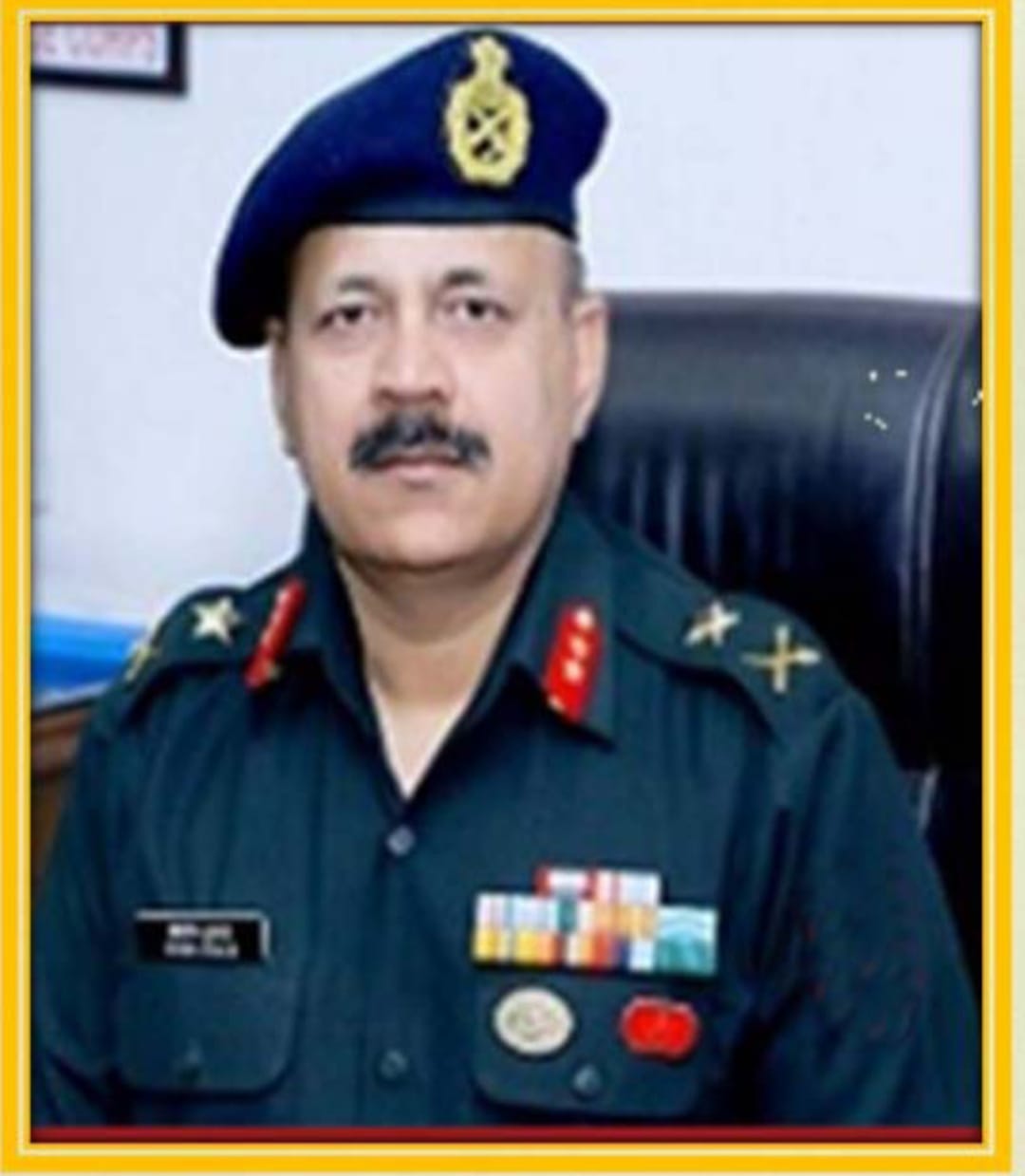

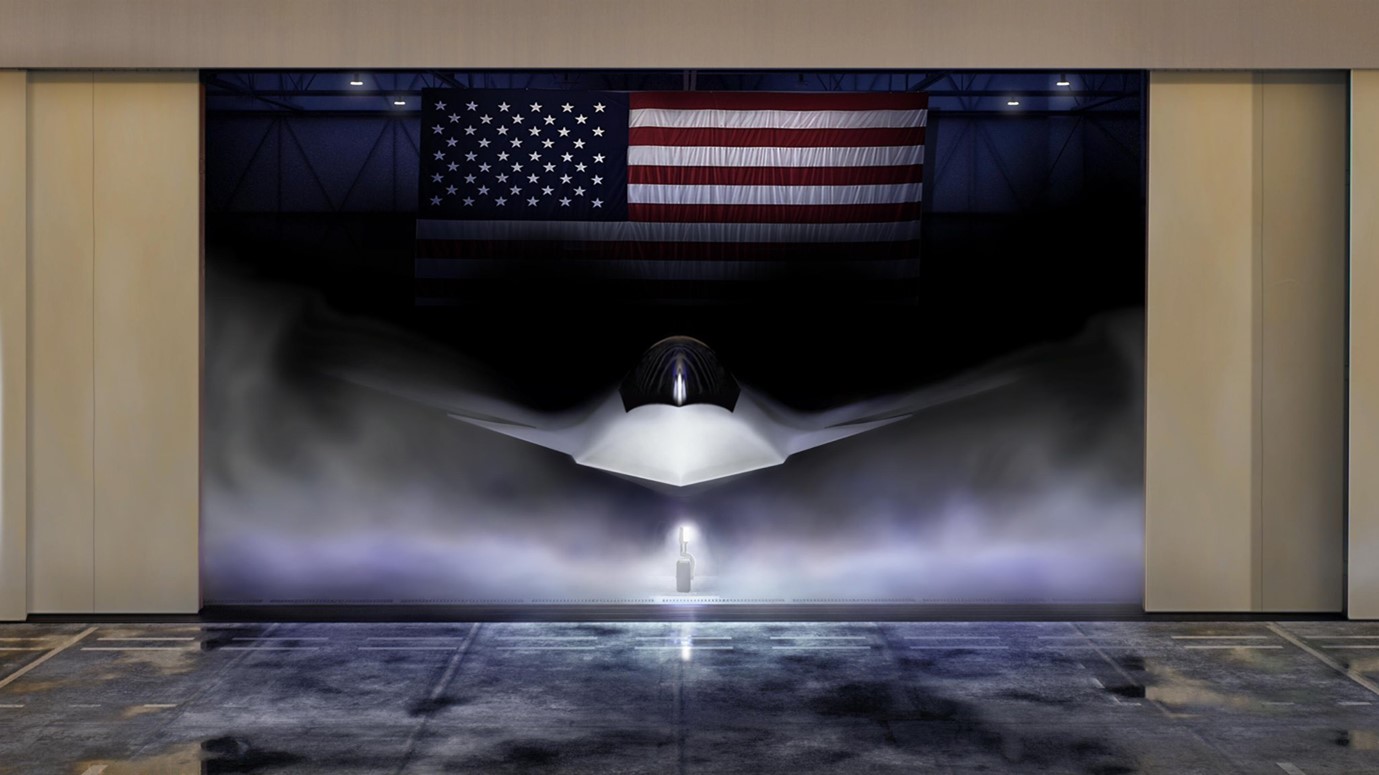
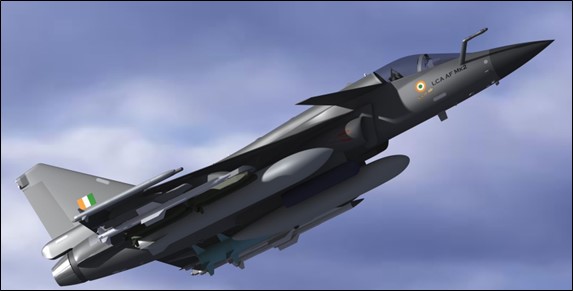
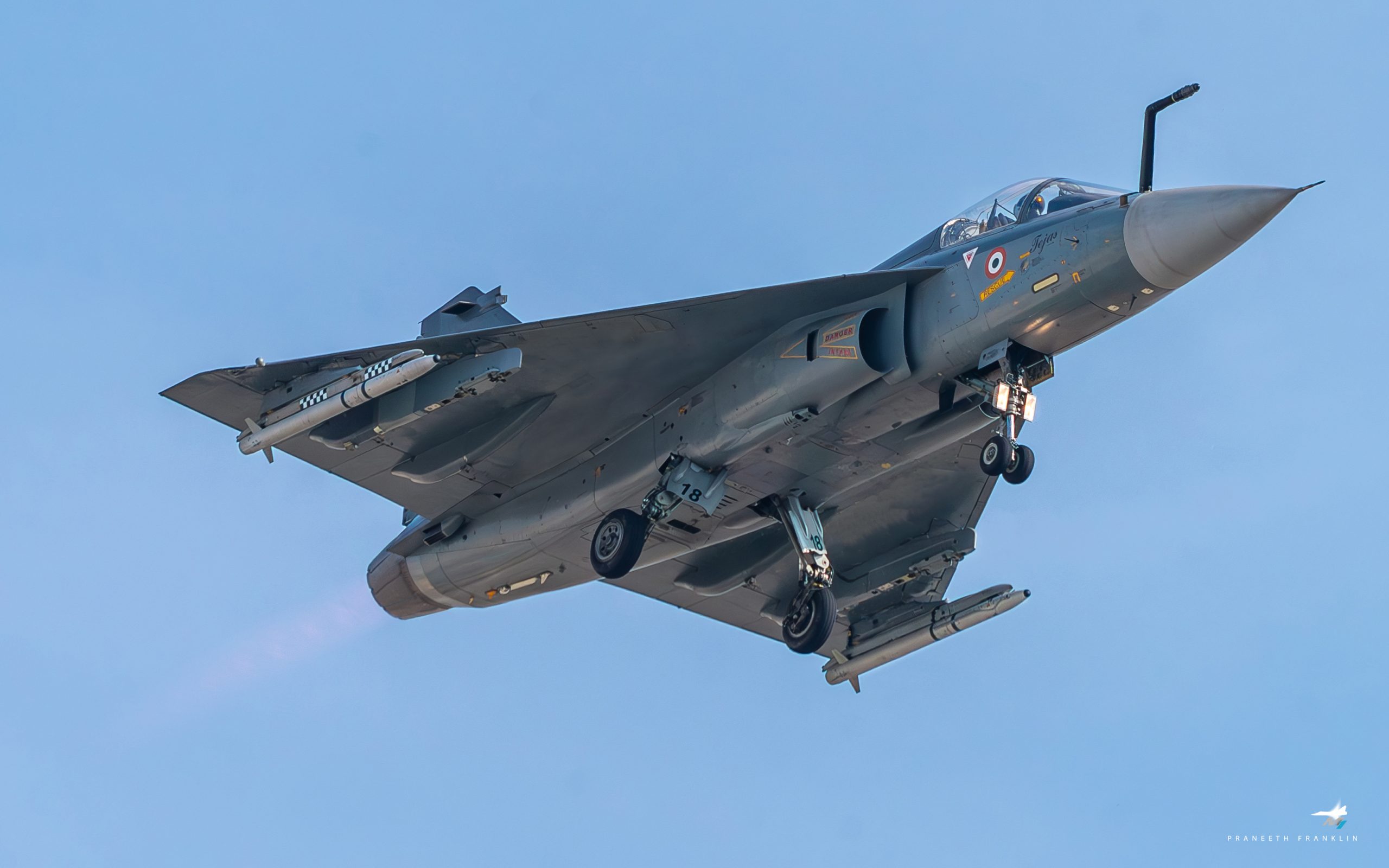
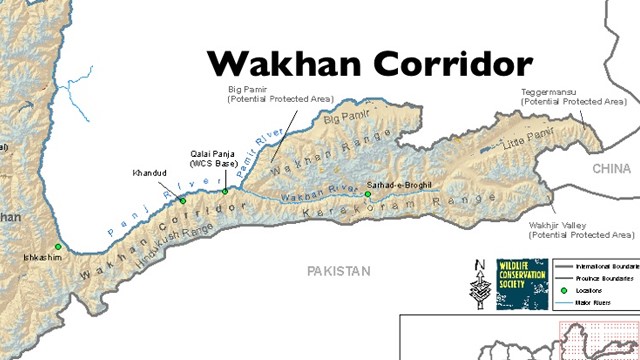
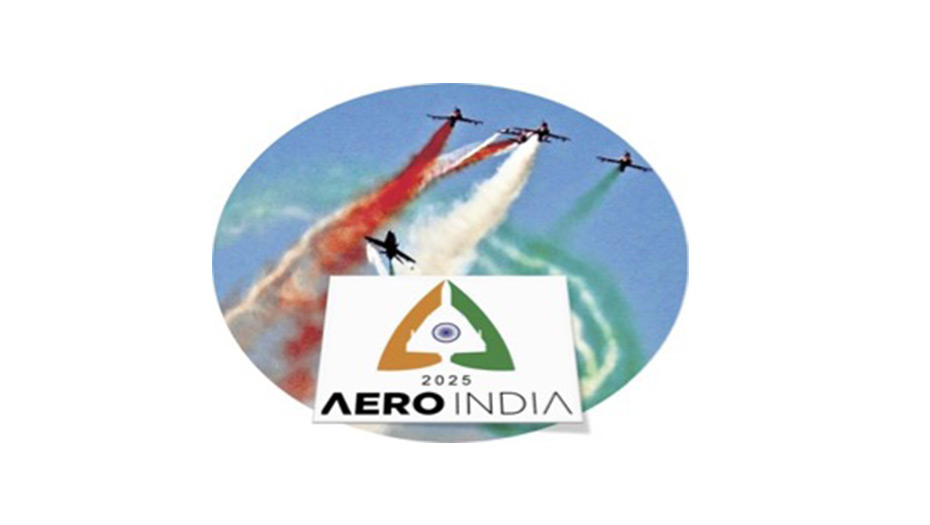
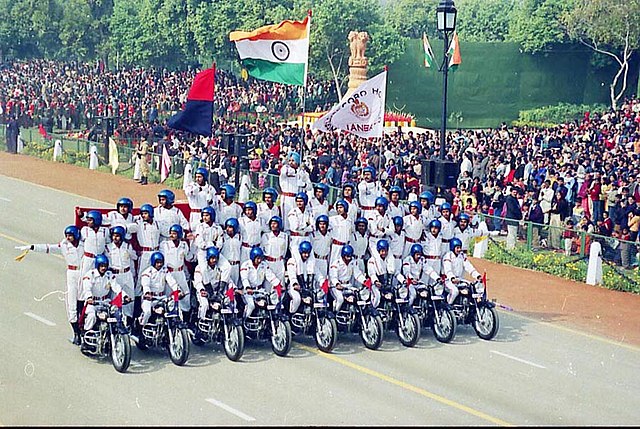
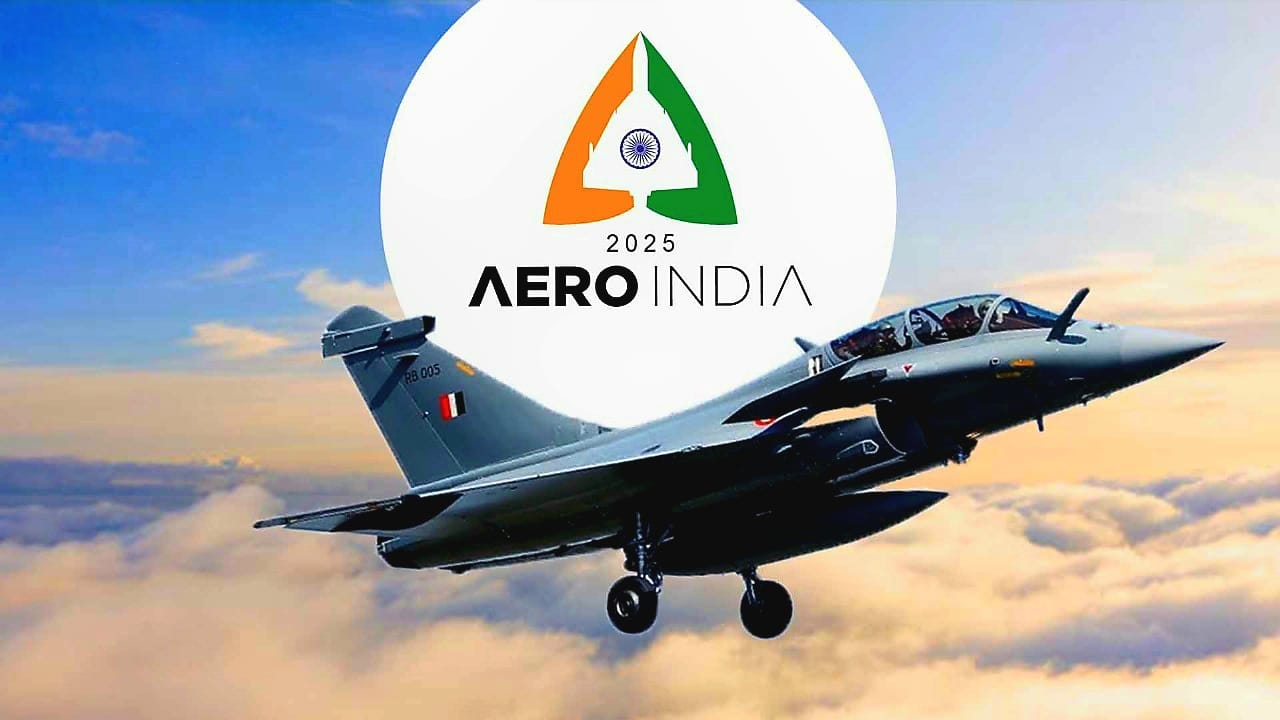
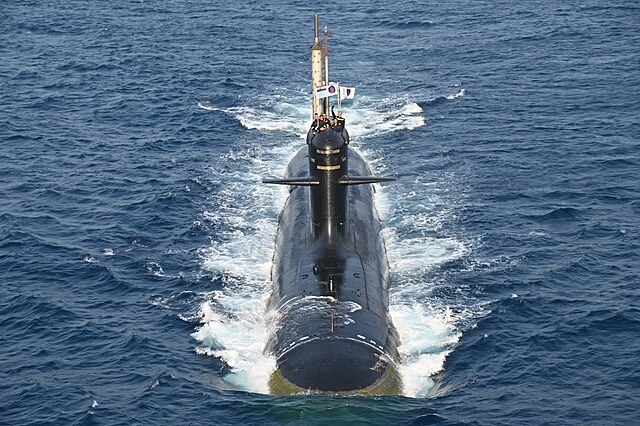

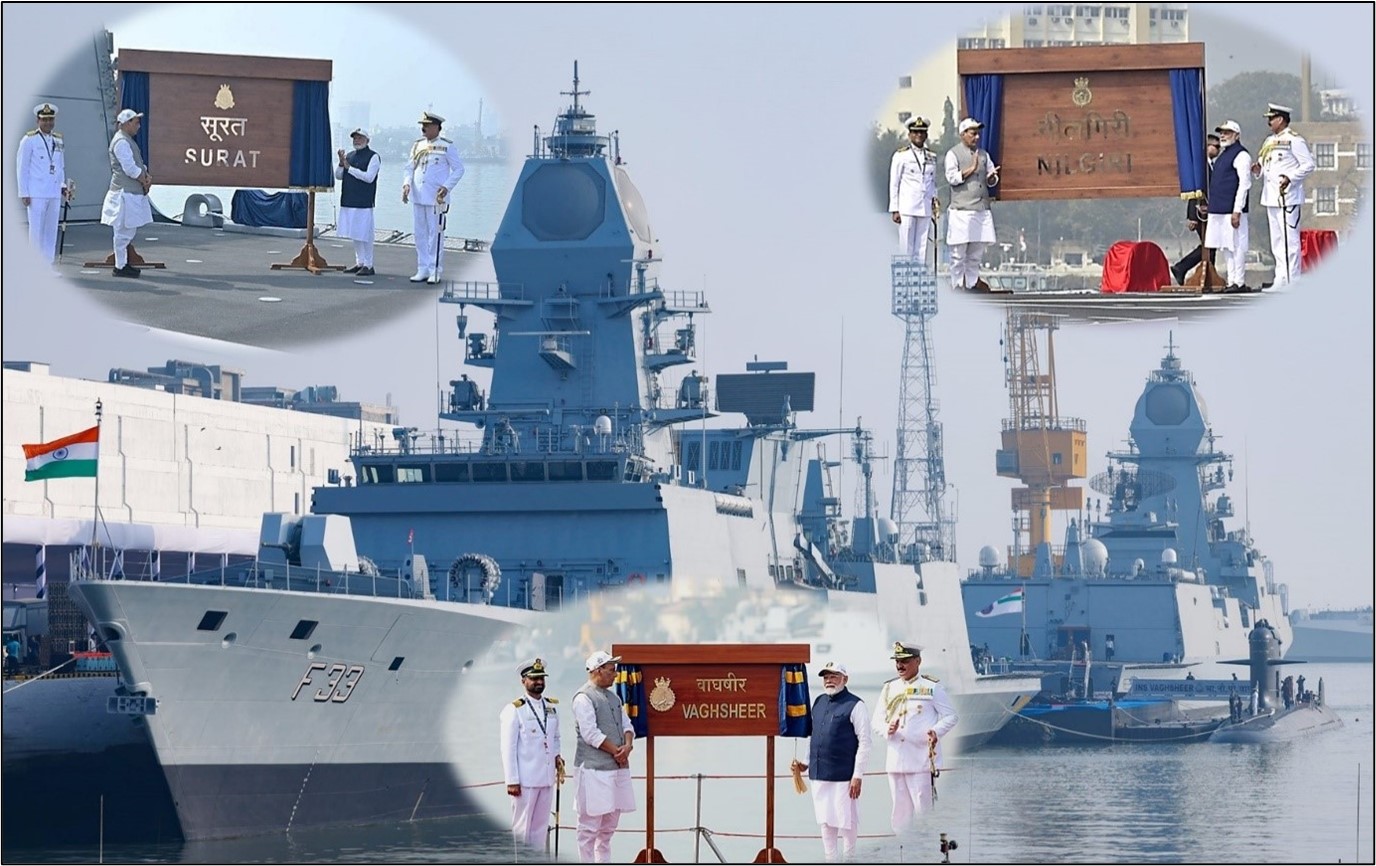
POST COMMENTS (0)